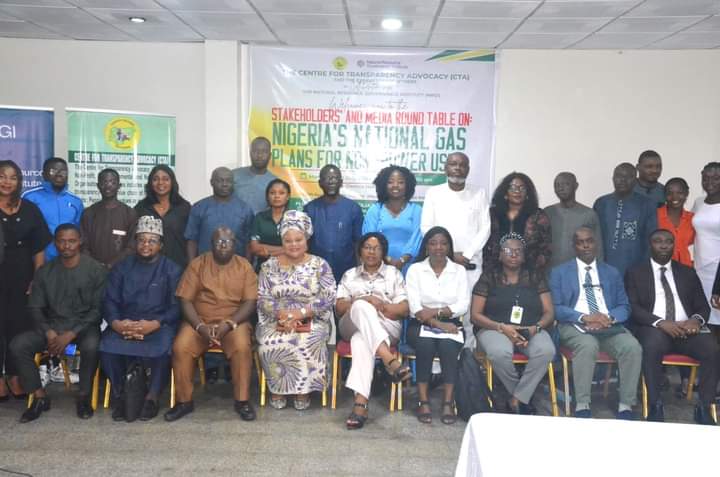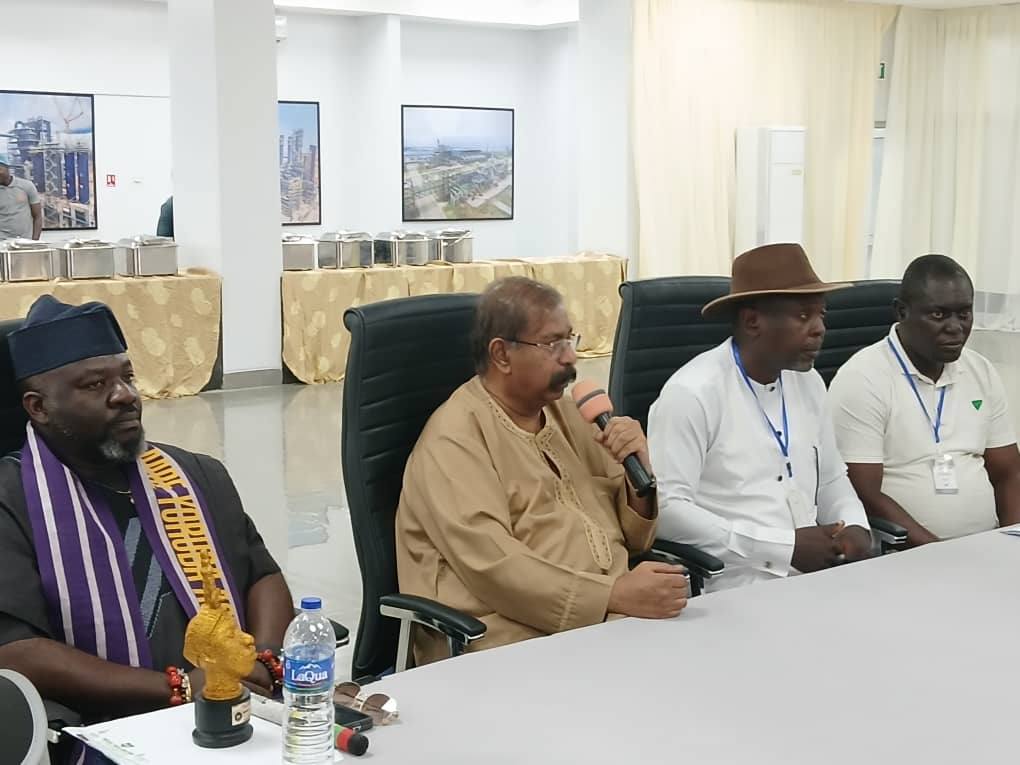The 2023 general election which is barely a month and some days away is seriously being threatened by waves of insecurity in many parts of Nigeria which may call for its cancellation, the Independent National Electoral Commission (INEC) has hinted.
The warning came on Monday at the Validation of Election Security Training Resources by INEC Chairman, Prof. Mahmood Yakubu, represented by the Chairman Board of Electoral Institute (BEI), Prof. Abdullahi Abdu Zuru.
“We all appreciate the fact that Election Security is vital to democratic consolidation through provision of enabling environment for the conduct of free, fair, credible and inclusive elections and thus strengthening the electoral process.
“Consequently, in preparations for the 2023 General elections, the commission is not leaving anything to chance in ensuring that intensive and extensive security are provided for election personnel, materials and processes.
This he said is expedient and instructive for the commission given the current insecurity challenges in various parts the country and the fact that the National Youth Service Corps (NYSC) members constitute the core of the Polling Unit Election officials.

“Moreover, if the insecurity is not monitored and dealt with decisively, it could ultimately culminate in the cancellation and/or postponement of elections in sufficient constituencies to hinder declaration of elections results and precipitate constitutional crisis. This must not be allowed to happen and shall not be allowed to happen.
“Therefore, security personnel in particular and all election officials in general must be security conscious and alert to unusual activities in their environment and must be fully equipped to deal with any challenge at all times,” Yakubu said.
In the light of that possibility he saidA the National Security Adviser (NSA), Gen. Mohammed Babagana Monguno (retd), and the Chairman, INEC have jointly assured the nation that conducive environment will be provided for successful conduct of the 2023 general election.
He also said that there is a new Electoral Legal Framework that will guide the 2023 as a result of the enactment of the Electoral Act 2022 which prompted the review of the INEC Regulations and Guidelines for Conduct of Elections 2022.
He said, “In particular, Sections 47(2), 60(1, 2 & 5), 62(1), 64(4a & 4b) and 64(5) of the Electoral Act 2022, which confers INEC with the power to use any technological device to transmit or transfer election results electronically are instructive in this regard.
“Emboldened by these legal protections, the Commission introduced new innovative technologies and procedures and made commitments to the Nigeria People that (a) Continuous Verification, Accreditation and Voting will be conducted at the Polling Units using the Bimodal Verification and Accreditation System (BVAS) and (b) Real-Time Polling Unit-level results will be uploaded on to the INEC Results Viewing (IReV) Portal using the same BVAS.
“These commitments require innovative security strategies and deployments for protection of voters, election personnel, materials, equipment, the electoral processes as well as the general public and infrastructure.
“These innovative systems and processes minimize human errors and delays in results collation and improves the accuracy, transparency, and credibility of the results collation process thereby ensuring credibility of the process They were tested during the Ekiti and Osun Governorship elections, held on June 18, 2022 and July 16, 2022, respectively.
“The Hon. Chairman INEC has severally assured the nation that the BVAS and IReV will be deployed during the 2023 General Elections.”
The INEC boss added that reports on the conduct of security operatives during the elections conducted by the commission specifically stand-alone governorship elections in Ekiti and Osun states have shown progressive and commendable improvement in their disposition to electoral training and professionalism on election duties.
In his goodwill message, the Country Director, International Foundation for Electoral Systems (IFES), Seray Jah, said that the training of security personnel to be deployed for the poll is the antidote to peaceful elections.
“Managing security threats in the electioneering process is a tall order for INEC, which has the responsibility, together with Nigerian security agencies, of preventing, mitigating, and resolving electoral violence.
“To effectively do this, security personnel deployed during the elections would need adequate training on their roles and responsibilities during the election. The validation workshop with key stakeholders in elections security presents an opportunity to ratify the quality resources developed to train the security personnel as they prepare to deploy for the 2023 general elections,” Jay said.
He assured of IFES’ commitment to continue partnering with INEC and its members in building a sustainable democracy in Nigeria.
He said, “INEC can count on our readiness to continually partner with the commission in achieving its mission of serving as an independent and effective Election Management Body committed to conducting free, fair, and credible elections for sustainable democracy in Nigeria.”
Speaking earlier, Director General, the Electoral Institute (TEI), Dr. Sa’ad Umar Idris, said that the validation exercise is in line with INEC’s practice to review training manuals and resources in line with the 2022 Guidelines and Regulations for the Conduct of Elections and the ICCES report on Election Security.
He also listed The Electoral Security Personnel (ESP) Training Manual, The Electoral Security Personnel (ESP) Training Facilitators Guide, The Electoral Security (ESP) Handbook; and The Basic Security in Election Duty (BaSED) Handbook, as the documents to be validated at the workshop.
“I should emphasize that these Election Security Training Documents will play a very critical role in the effective training of Security Personnel in securing the electoral environment for free, fair, credible and inclusive elections. The outcome of this workshop is also to have an improvement in the professionalism of securing the electoral environment,” Idris said.




